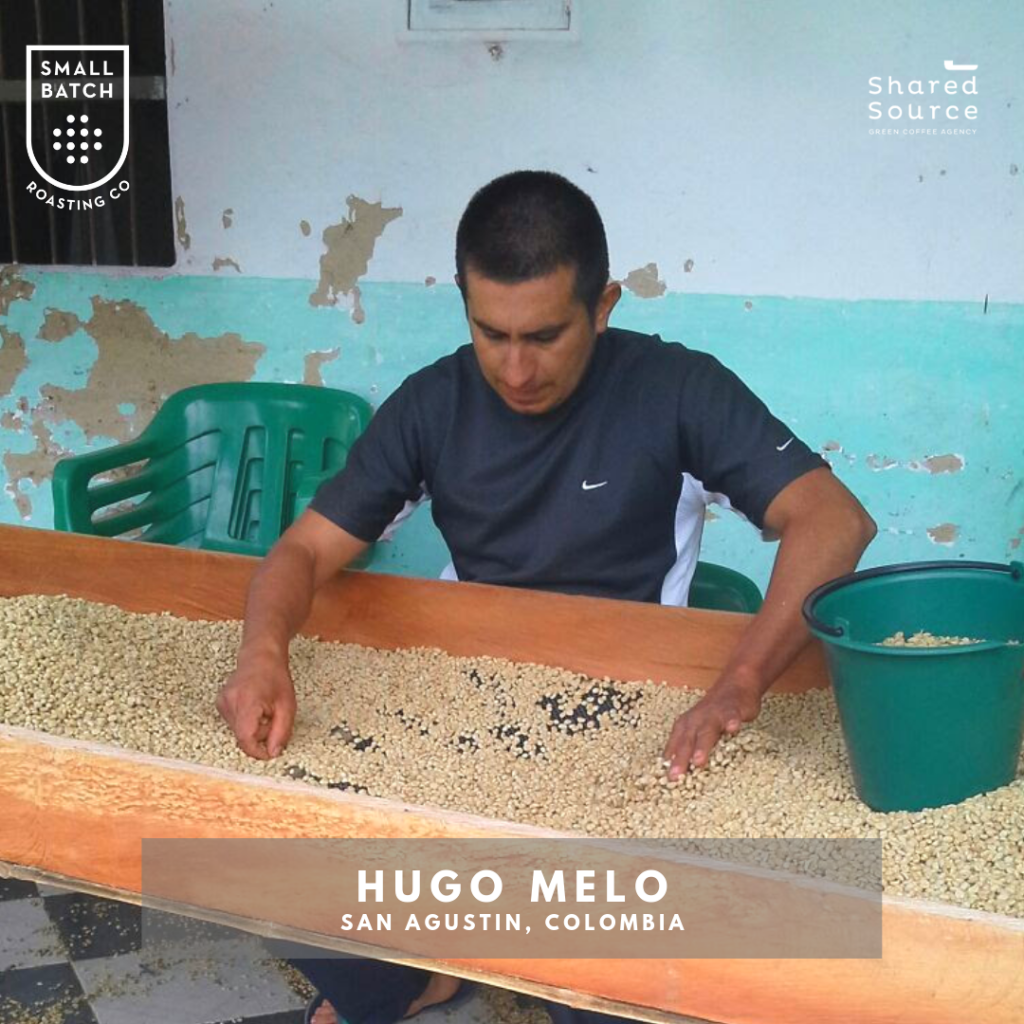We have four guiding principles when sourcing green coffee:
- what we pay for coffee reflects the needs of the grower to make a good livelihood from their crops;
- we are in touch regularly throughout the year, supporting producers outside harvest times so they have confidence to invest in making their coffee better;
- we provide interest free cash loans so that producers can improve infrastructure on their farms, as well as maintain a good standard of living throughout the year;
- we educate and empower producers to transition towards organic and sustainable agricultural practices.
By necessity, these principles manifest differently in different countries. We’re sensitive to local customs and spend time getting to know what will work best in each location. This model is most fully realised in Colombia (more on that later) but we also work regularly in Guatemala, Kenya and Ethiopia.
No matter where we work, we always preference buying from smallholders, and people who are the least able to otherwise gain access to an international buyer. For example, in Guatemala and Colombia this almost exclusively means the smallest, remotest and least-English-speaking growers.
We always buy in “parchment form”. Farmers by definition can only finish coffee as far as this parchment state – this is after the cherry is picked, has had the pulp removed and after the process of fermentation or mechanical washing. At this point, the green seed is still covered by its protective parchment layer, and carefully dried. Parchment is the format that is most recognisable and dollars-translatable to the producer, and accordingly, we pay for this form.
We pay in the producer’s local currency, at the farm gate, and assume the risk on the coffee from this point onwards. We also bear all the costs from this point on (more on that later, as well). For every coffee we buy, we make sure we know what the grower received. A roaster might pay 5 times the ‘C-price’ for a coffee, but between the washing station, exporter, transport company, and importer, there are so many middle men it’s hard to know where in the chain the money is going. We want to know that the grower can sustain their business and live a good life, so we make it our business to know what they’re paid. You can see what all our producers are paid for their coffees on our website.

|